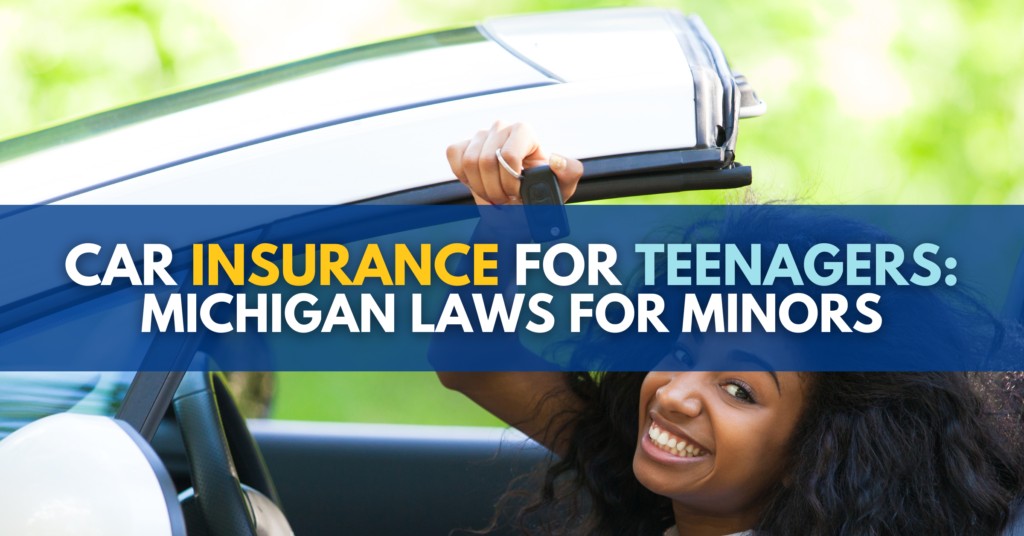Car insurance for teen drivers is a significant concern for parents. One common question is, “Does My Insurance Cover Learner Drivers?” The answer depends on your specific insurance policy and state laws. This article provides a comprehensive overview of learner driver insurance coverage.
Understanding Learner Driver Insurance Coverage
Learner drivers, by definition, are inexperienced and pose a higher risk on the road. This increased risk translates to higher insurance premiums. While most insurance policies extend coverage to learner drivers, specific conditions and requirements often apply.
 Car Insurance For Teenagers: Michigan Laws For Minors Explained
Car Insurance For Teenagers: Michigan Laws For Minors Explained
Key Factors Affecting Insurance Coverage for Learner Drivers
Several factors influence whether your insurance covers a learner driver and the associated costs:
Existing Car Insurance Policy
The primary policyholder’s existing car insurance is the foundation of coverage for a learner driver. Most policies extend coverage to any licensed driver operating the insured vehicle with permission. However, notifying your insurer about the learner driver is crucial. Failure to do so could lead to coverage denial in case of an accident.
Named Driver vs. Occasional Driver
Some insurance companies require adding the learner driver as a named driver to the policy. This usually results in a higher premium due to the increased risk. Alternatively, some policies might cover learner drivers as occasional drivers, provided they meet specific criteria, like a minimum age or driving experience.
State-Specific Regulations
Car insurance regulations vary by state. Some states mandate specific insurance requirements for learner drivers, while others rely on the existing policy’s provisions. Researching your state’s Department of Motor Vehicles (DMV) guidelines is crucial to ensure compliance.
Adding a Learner Driver to Your Insurance Policy
If your current policy doesn’t automatically cover learner drivers or requires adding them as named drivers, contact your insurance company to update your policy. Be prepared to provide information such as the learner driver’s permit number, age, and driving history (if any).
Tips for Lowering Insurance Costs for Learner Drivers
While insurance for learner drivers can be expensive, several strategies can help mitigate costs:
Good Student Discounts:
Many insurers offer discounts for students with good academic performance, reflecting responsible behavior that could translate to safer driving.
Driver’s Education Courses:
Completing a certified driver’s education course can demonstrate a commitment to safe driving practices and might qualify for insurance discounts.
Safe Driving Habits:
Instilling safe driving habits in the learner driver is essential for both safety and potentially lower insurance premiums in the long run. Telematics devices that monitor driving behavior can also lead to discounts.
Consequences of Driving Without Insurance
Driving without insurance, even with a learner’s permit, carries severe consequences, including hefty fines, license suspension, and potential legal ramifications in case of an accident.
Conclusion
Ensuring proper insurance coverage for learner drivers is crucial. Contact your insurance company to confirm coverage details, add the learner driver to your policy if necessary, and explore potential cost-saving options. By understanding your policy and state laws, you can ensure that your learner driver is adequately protected while gaining valuable driving experience. Don’t hesitate to seek clarification from your insurance provider if you have any doubts or questions.